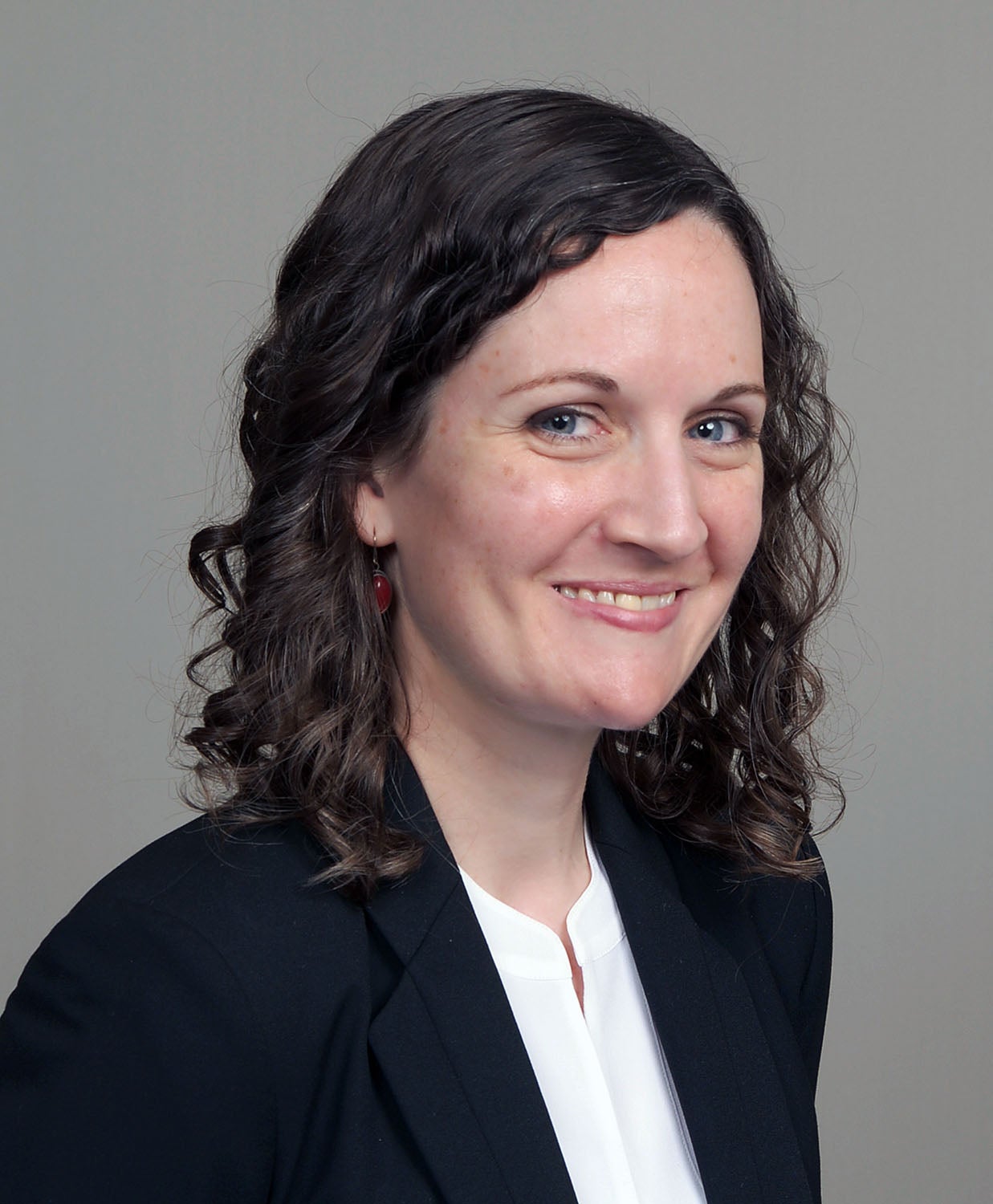KINGSTON, R.I., — March 7, 2017—The statistic is alarming: More than half of graduate students nationwide drop out before finishing their degree programs.
Now a University of Rhode Island writing professor wants to find out why.
Shannon Madden, an assistant professor of writing and rhetoric in the Harrington School of Communication and Media, has received a grant from the National Council of Teachers of English to get to the bottom of the problem.
“Students in all disciplines are taking longer to finish their graduate degrees and are more likely to drop out during the dissertation writing phase,” says Madden. “We need to find out why this is happening across the country.”
With the $10,000 grant, Madden and her co-recipient, Sandra Tarabochia, a professor at the University of Oklahoma, will focus on writing support for graduate students and faculty at several major universities. Madden will examine graduate students at URI, the University of Oklahoma, Indiana University and Purdue, among others. Tarabochia will take a look at faculty writers at the University of Oklahoma and Auburn University. Graduate students in Madden’s study will complete a survey and participate in focus groups.
Attrition rates among graduate students in all fields, from the sciences to the humanities, have been hovering around 57 percent for more than two decades, according to the Council of Graduate Schools. Many of the students who drop out do so during the final years of their programs when they begin to write their dissertations.
Madden suspects that most of those students fail to finish because they do not receive writing instruction as part of their graduate programs and do not have access to quality mentorship on their writing. Without feedback, students are left to figure their dissertations out on their own. Even good writers struggle to complete the complex forms of writing, like the dissertation, that are required to graduate.
The researchers will also study underrepresented groups, which have an even higher dropout rate in graduate programs. Madden says graduate students of color, graduate students with disabilities, and first-generation college students are statistically more likely to suffer from attrition, which suggests that equity issues exist at the graduate level.
Madden says it’s more important than ever for budding academics to hone their writing skills.
“Writing can determine the outcome of your degree and your promotion in the academic institution,” she says. “If graduate students don’t write well, they don’t finish their degrees and they don’t get jobs. So the stakes are very high.”
The high attrition rates could be attributed to not knowing the “conventions, expectations and standards” for a dissertation, says Madden.
“Graduate students don’t often get instruction on how to write a dissertation or thesis,” says Madden. “It’s not like writing a paper for a course. It requires advanced understanding of disciplinary conventions, as well as complex skills in analyzing research data and synthesizing specialized knowledge.”
The survey will ask students how frequently they get feedback on their writing and whether they’ve participated in any writing groups, as well as how they learned to write for their areas of study. Madden and Tarabochia will also dig deeper with focus groups that will provide students and faculty an opportunity to speak honestly about their experiences as writers.
The project dovetails with a new science writing center at URI that teaches young scientists how to turn complex ideas into words that most people can understand.
Good writing among academics is more important than ever, says Madden. Scholars are writing about important topics—from health care developments to climate change—that can influence public policy and political decisions.
The goal of Madden’s project is to collect as much information as possible and make suggestions on how to alleviate the problem.
Madden has a doctorate in composition, rhetoric and literacy from the University of Oklahoma. She joined URI in January 2016. This summer, she’ll be teaching a grant-writing workshop for graduate students on URI’s campus.

